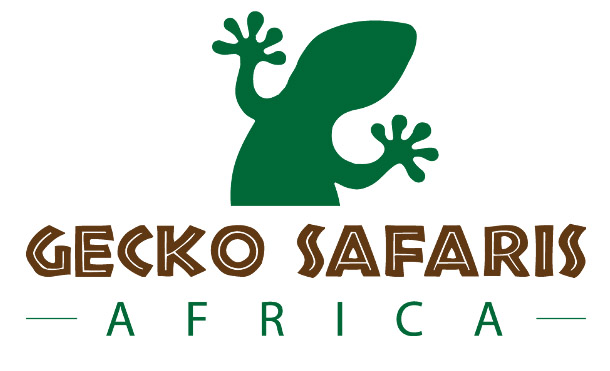Rwanda Filming Permits & Permissions
A Complete Guide for Filmmakers in the Land of a Thousand Hills
Rwanda filming permits. Rwanda is fast becoming a filmmaker’s paradise. Its lush landscapes, vibrant cultures, and secure environment attract both seasoned producers and indie creatives. But to film legally and ethically in Rwanda, you’ll need proper permits and permissions. This guide breaks it all down—from who to contact to what to expect on the ground.

Understanding Why Permits Are Essential
Filming in Rwanda is regulated by the Rwanda Film Office and the Rwanda Development Board (RDB). Permits are mandatory and ensure that your production respects national laws, protects the environment, and engages with local communities appropriately. They also help you gain access to restricted sites, facilitate customs clearance for equipment, and allow legal use of drones.
Key Notes:
- Permits protect local communities and cultural sites.
- Approval is needed for drones and national park access.
- You cannot film military or sensitive areas without permission.
The Permit Application Process
Start by submitting a formal letter of intent to the Rwanda Film Office. This letter should include the type of production, synopsis, locations, number of crew, and planned filming dates. For projects involving national parks, wildlife, or drones, additional documents may be required.
You’ll also need:
- A list of filming equipment.
- Passports or IDs of crew members.
- A production schedule.
- Script or treatment (if applicable).
- Drone license and operational plan (if filming aerial footage).
After review and fee payment, you’ll receive your official permit.
Key Notes:
- Applications take 2 to 4 weeks to process.
- Early application is advised, especially for sensitive content.
- Permit fees vary based on project type and location.
Filming in National Parks and Cultural Sites
Rwanda’s national parks—Volcanoes, Akagera, and Nyungwe—are highly protected. Filming here requires coordination with RDB’s Tourism and Conservation Department. Gorilla filming, in particular, comes with strict rules to protect the endangered species.
For filming at genocide memorials or sacred sites, you need approval from the National Commission for the Fight Against Genocide (CNLG). Content should be respectful, accurate, and aligned with Rwanda’s memorialization ethics.
Key Notes:
- Gorilla filming is heavily restricted and monitored.
- Special clearance is needed for filming at memorials.
- Always work with park officials and follow conservation guidelines.
Drone Filming in Rwanda
Rwanda has strict drone laws. You’ll need approval from:
- Rwanda Civil Aviation Authority (RCAA)
- Ministry of ICT and Innovation
- Rwanda Development Board (RDB)
You must submit a detailed drone flight plan and proof of the drone operator’s license. Expect a wait time of at least 2 weeks for drone-related permissions.
Key Notes:
- Unauthorized drone use may lead to fines or confiscation.
- Provide a clear flight map in your application.
- Licensed operators only—no hobbyists.
Local Fixers and Production Support
Partnering with local production companies or fixers helps navigate logistics, cultural sensitivity, and bureaucracy. These professionals offer location scouting, permit processing, translation services, and community coordination. Popular names include Eco-Fixers Africa, Kwanda Media, and Innovation Village.
Key Notes:
- Fixers streamline logistics and save time.
- They understand local protocol and customs.
- Great for foreign crews unfamiliar with Rwanda’s laws.
Timelines and Processing Tips
The earlier you apply, the smoother your experience. Apply 4–6 weeks before your intended filming date, especially for shoots involving drones, wildlife, or cultural heritage content.
Key Notes:
- Standard processing time: 2–4 weeks.
- Plan extra time for drone or wildlife shoots.
- Keep a physical copy of the permit during filming.
Filming Tips for a Smooth Shoot in Rwanda
Carry identification and permits at all times. Be transparent with locals and seek verbal consent when filming individuals. Stay eco-conscious—avoid littering and disturbing wildlife habitats.
Consider involving local talent—artists, craftspeople, or actors—who enrich the authenticity of your story.
Key Notes:
- Always seek local consent for personal footage.
- Eco-conscious practices are expected.
- Filming local communities should be collaborative, not extractive.
Why Rwanda Is an Ideal Filming Destination
Rwanda combines natural beauty, stable infrastructure, and a cooperative government that supports the arts. Its diverse scenery—from misty volcanoes to bustling Kigali—offers versatility for storytellers of every kind.
Key Notes:
- Safe, scenic, and creatively rich.
- Government actively supports filmmakers.
- Great mix of urban and wilderness settings.
Plan Your Rwanda Film Project
Add Rwanda to your production plans. With proper permits, respectful practices, and local partnerships, you’ll capture more than just scenes—you’ll tell stories that matter.

